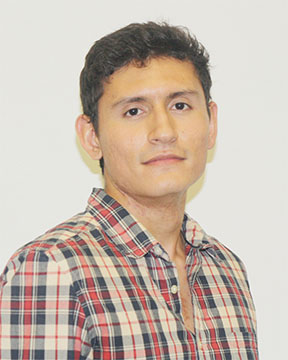Green Fest at Falcon Square brought out clubs to talk with students about tips on being eco-friendly and trying to be more sustainable.
The fest was held Thursday, Nov. 19.
Lourdes Hernandez, communications director of the Go Green Task Force, was in the middle booth showing students how to lessen their ecological footprint.
She said, “[The Go Green Task Force] was having a meeting once and we wanted to spread awareness so students can bring it home.”
Hernandez wants a cultural change when it comes to human-environment interactions.
Alongside the Go Green Task Force were four clubs working together to spread the word.
The clubs present were:
- Astronomy Club
- Anthropology Club
- Environmental Club
- Economics Club
According to a task force volunteer, the clubs had iPads with a quiz for students to partake in.
Based off certain questions the quiz would determine how big a student’s effect on the planet is and would show statistics on how of much Earth’s resources would be used if more people lived like said student.
Each club brought tips on how to be eco-friendly.
The Astronomy Club wanted to raise awareness about light pollution.
As cities grow, they require more lights to light neighborhoods, buildings and street lights.
Vice President of the Astronomy Club Charlie Leyva said, “We want [students] to do [their] part, there are a lot of problems. For example, migrations; animals rely on starlight and moonlight and so when there is a city near-by they follow the lights from the city […] it causes a lot of animals to die.”
He said birds might not reach their destinations and could get lost along the way.
Trent Coates believes that economics and the environment depend on each other and have effects on each other.
He is the Vice President of the Economics Club.
Coates said, “I like to focus on environmental degradation, this is the depletion of our natural resources.
“We use [resources] so much because we consume so much of it instead of consumption. Consumerism is where we take extra stuff that might not be needed, and consumption is when we take just what we need.”
He said that the United States has an issue with consumerism.
Not a lot of people want to take the produce at the bottom of shelves.
Coates said that the left over food gets thrown at the dump and doesn’t get used.
“That impacts us economically because we have so many food-insecure people instead of donating we just throw it away,” he said.
With the depletion of resources Coates said that the United States is not producing any more and has outsourced work to other countries.









